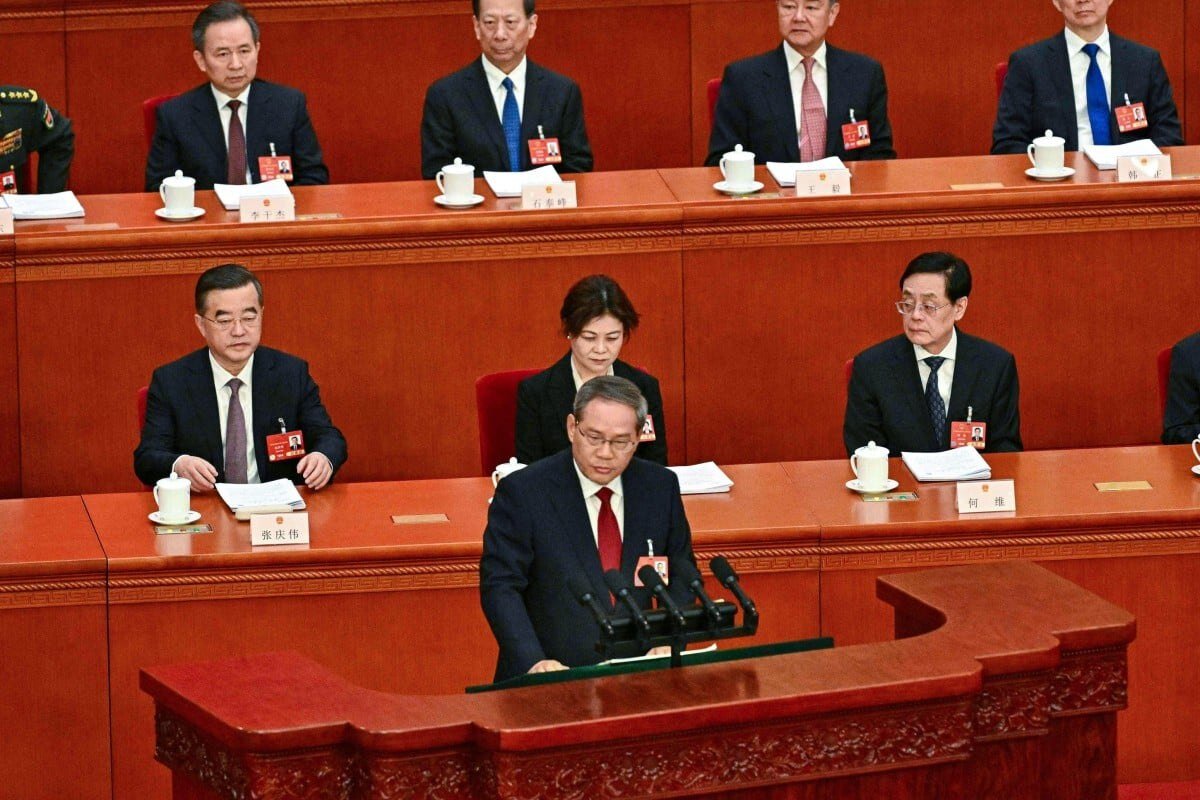Premier Li Qiang set for Indonesia visit, ASEAN-GCC-China Summit in Malaysia

BEIJING- Prime Minister Li Qiang's forthcoming official visit to Indonesia and his participation in the inaugural trilateral summit with Persian Gulf and Southeast Asian nations in Malaysia highlight China's commitment to strengthening relationships with countries in the Global South.
Scheduled from May 24 to 26, Li's visit to Indonesia is at the invitation of President Prabowo Subianto. Following this, he will attend the ASEAN-GCC-China Summit in Kuala Lumpur from May 26 to 28, at the invitation of Malaysian Prime Minister Anwar Ibrahim.
During a press briefing on Thursday, the spokesperson for the Chinese Foreign Ministry emphasized the importance of the upcoming summit.
“ASEAN and GCC member states are emerging economies in Asia, important members of the Global South and key partners in Belt and Road cooperation. China supports Malaysia, ASEAN’s rotating chair this year, in proposing and hosting the ASEAN-GCC-China Summit. Given the current international and regional landscape, it is highly significant that the three sides are gathering together to discuss ways to enhance solidarity and cooperation for development and prosperity, and promote cross-regional cooperation of mutual benefit,” Mao Ning said.
She added, “China looks to expand practical cooperation with ASEAN and GCC member states in various fields to leverage our respective strengths, pursue win-win results, jointly uphold the multilateral trading regime, and defend the common interests of the Global South.”
She also highlighted China's expectations regarding the premier's visit to Indonesia.
“China and Indonesia are friends and neighbors across the sea and close partners with a shared future. This year marks the 75th anniversary of China-Indonesia diplomatic ties. The bilateral relations have maintained steady growth with fruitful practical cooperation and the traditional friendship between the two countries is deeply rooted in the people,” Mao said.
She noted that “China hopes that through this visit the two sides will carry forward the traditional friendship, deepen solidarity and coordination, keep consolidating the cooperation paradigm with five pillars, namely political, economic, people-to-people and cultural, maritime and security cooperation, jointly advance toward modernization on our respective paths, enrich the China-Indonesia community with a shared future, and make greater contribution to regional and global peace, stability, development and prosperity.”
Last month, President Xi Jinping embarked on a tour of Southeast Asia, visiting Vietnam, Malaysia, and Cambodia as part of China's initiative to strengthen relationships with its neighboring countries. Prior to this journey, he addressed a central conference in Beijing on April 8 and 9, where he emphasized the importance of fostering a community with a shared future among China's neighbors and the need to explore new avenues for regional cooperation.
For now, the Chinese premier’s upcoming visit is poised to mark a fresh phase in China’s ties with ASEAN and Persian Gulf nations, reinforcing Beijing’s dedication to a fairer world order. China presents itself as a leading advocate for inclusive multilateralism, pushing for equal involvement in global governance—irrespective of a country’s power or stature.
This principle shapes China’s approach to international cooperation—from supporting the UN’s role in upholding global rules to advancing balanced trade and climate policies for developing nations. Similarly, the Belt and Road Initiative exemplifies this vision, fostering infrastructure and cultural exchanges to narrow development disparities.
Leave a Comment